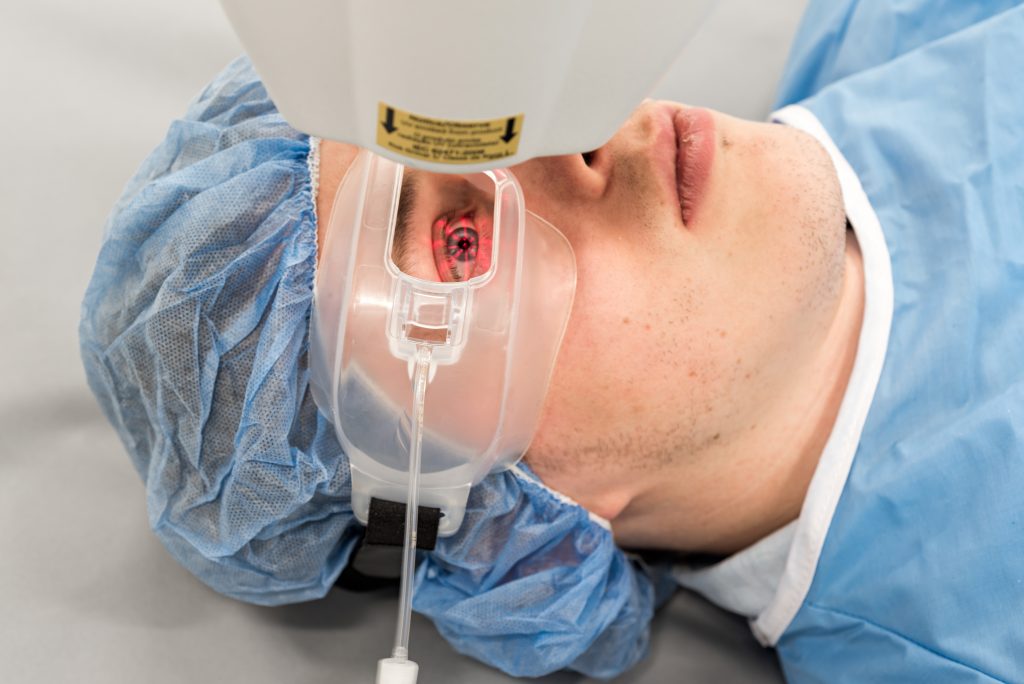Avedro presents novel Boost Epi-On corneal CXL data
Non-invasive corneal CXL procedure does not require removal of the epithelium

Priscilla Lynch
Published: Monday, September 16, 2019
 AVEDRO showcased early data on its novel Boost Epi-On cross-linking (CXL) technology for the treatment of keratoconus during an educational session at the 37th Congress of the ESCRS yesterday.
Presentations highlighted the positive early clinical experiences of several clinicians from different countries who have evaluated Boost Epi-On CXL, a non-invasive corneal CXL procedure that does not require removal of the epithelium.
The latest-generation technology addresses the limitations of prior epi-on procedures through the addition of supplemental oxygen. This drives oxygen diffusion across the epithelium to enhance CXL, better stabilising and strengthening the cornea and ultimately halting or slowing keratoconus progression, yesterday’s educational session heard.
The procedure is thus easier, with less postoperative ocular discomfort and a faster recovery time. It is also safer with less risk of complications and preserves corneal thickness as well as improving visual acuity, speakers said.
Speaking to EuroTimes, Avedro CEO Reza Zadno PhD noted that keratoconus is a disease that particularly impacts young people, “and treating and halting its progression leads to a major quality of life improvement for these patients”.
AVEDRO showcased early data on its novel Boost Epi-On cross-linking (CXL) technology for the treatment of keratoconus during an educational session at the 37th Congress of the ESCRS yesterday.
Presentations highlighted the positive early clinical experiences of several clinicians from different countries who have evaluated Boost Epi-On CXL, a non-invasive corneal CXL procedure that does not require removal of the epithelium.
The latest-generation technology addresses the limitations of prior epi-on procedures through the addition of supplemental oxygen. This drives oxygen diffusion across the epithelium to enhance CXL, better stabilising and strengthening the cornea and ultimately halting or slowing keratoconus progression, yesterday’s educational session heard.
The procedure is thus easier, with less postoperative ocular discomfort and a faster recovery time. It is also safer with less risk of complications and preserves corneal thickness as well as improving visual acuity, speakers said.
Speaking to EuroTimes, Avedro CEO Reza Zadno PhD noted that keratoconus is a disease that particularly impacts young people, “and treating and halting its progression leads to a major quality of life improvement for these patients”.
Latest Articles
Nutrition and the Eye: A Recipe for Success
A look at the evidence for tasty ways of lowering risks and improving ocular health.
New Award to Encourage Research into Sustainable Practices
Sharing a Vision for the Future
ESCRS leaders update Trieste conference on ESCRS initiatives.
Extending Depth of Satisfaction
The ESCRS Eye Journal Club discuss a new study reviewing the causes and management of dissatisfaction after implantation of an EDOF IOL.
Conventional Versus Laser-Assisted Cataract Surgery
Evidence favours conventional technique in most cases.
AI Scribing and Telephone Management
Automating note-taking and call centres could boost practice efficiency.
AI Analysis and the Cornea
A combination of better imaging and AI deep learning could significantly improve corneal imaging and diagnosis.
Cooking a Feast for the Eyes
A cookbook to promote ocular health through thoughtful and traditional cuisine.
Need to Know: Spherical Aberration
Part three of this series examines spherical aberration and its influence on higher-order aberrations.
Generating AI’s Potential
How generative AI impacts medicine, society, and the environment.